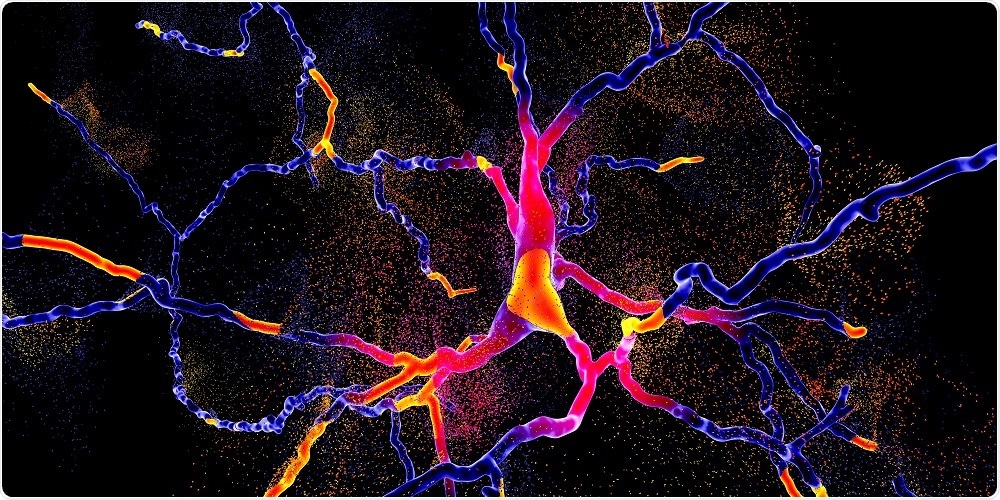A recent study has shown that pesticides prevent mitochondria from functioning correctly, causing cell death in human neurons with increased susceptibility to Parkinson’s Disease.
 Image Credit: Kateryna Kon / Shutterstock
Image Credit: Kateryna Kon / Shutterstock
The study, which was recently published in the FASEB Journal, found that even low levels of pesticide can lead to the development of Parkinson’s disease in those at risk of developing the condition.
Pesticides such as paraquat, maneb and rotenone have previously been shown to have an effect on Parkinson’s disease, but the latest research reveals how they have an effect, and was also carried out under conditions that more closely mimic human physiology.
Scott Ryan, a professor in the Department of Molecular and Cellular Biology at the University of Guelph explains that this study is very applicable to human cases.
"We are one of the first to investigate what is happening inside human cells” he explains, whereas most studies concerning the link of pesticides and Parkinson’s in the past have been based on animal studies.
The research team used human stem cells with a mutation in the α-synuclein gene, which is associated with increased risk of Parkinson’s, and transformed them into dopamine-producing neurones(the cells affected in the brain of patients with Parkinson’s disease).
The researchers found that when dopamine-producing neurones are exposed to pesticides, they produce nitric oxide (NO), which prevents the movement of mitochondria to areas of the nerve cell where it is needed most.
NO is involved in the modification of structures called microtubules which normally transport the mitochondria around the cell. A lack of mitochondrial transportation means that not enough energy is produced to maintain the cell.
The exact cause of Parkinson’s is still unknown, but we do know that it can develop due to the death of dopamine-producing neurones in certain areas of the brain, and therefore a lack of dopamine in these areas.
The resultant lack of mitochondrial energy causes the neuron to die, leading to Parkinson’s Disease.
The pesticide dose at which these neurones were exposed to was actually lower than the previously thought lowest observed effect level.
People with a predisposition for Parkinson’s disease are more affected by these low level exposures to agrochemicals and therefore more likely to develop the disease."
Professor Scott Ryan, The University of Guelph
The results show that with some current laws, people can still be very likely to develop Parkinson’s disease after exposure to these pesticides, if they have certain mutations that give them a higher risk.
The production of nitric oxide can be stopped or slowed by the use of NOS inhibitors. These are molecules that inhibit the enzymes which generate nitric oxide. This study used the NOS inhibitor Nω-nitro-L-arginine methyl ester to stop the effects of the pesticide.